Menu
Close
From Puerto Rico to Haiti to Belize, land rights have been a major area of struggle in the fight against disaster capitalism.
This Webinar featuring Caribbean organizers explains how Caribbean communities have been and continue to be systematically displaced from their lands, and how those at the frontline have resisted their displacement and expanded a vision for Caribbean sovereignty.
13, December, 2023
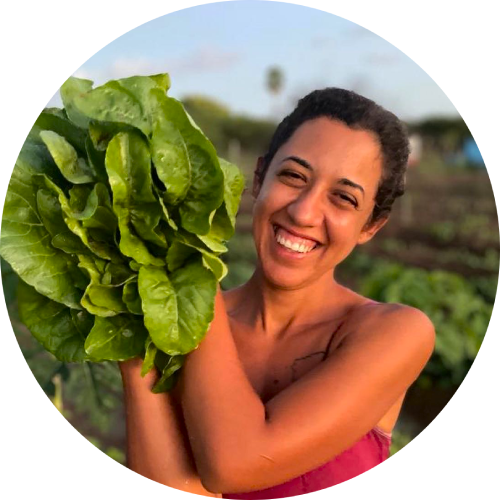
Farmer and co-organizer of La Colmena Cimarrona (Maroon Hive) which practices agroecology and beekeeping, growing food sovereignty on Vieques and island of the archipelago of Puerto Rico. She has been an activist for environmental and food justice in Puerto Rico since she was thirteen, organizing for the protection of the Northeastern Ecological Corridor from megadevelopment; facilitating and setting up farmer exchanges and community gardens through the islands of Puerto Rico, Haití and Dominican Republic. She has participated and led efforts in Proyecto ENLACE del Caño Martín Peña, Martín Peña Land Trust, Boricuá Organization of Ecological Agriculture among other grassroots initiatives.
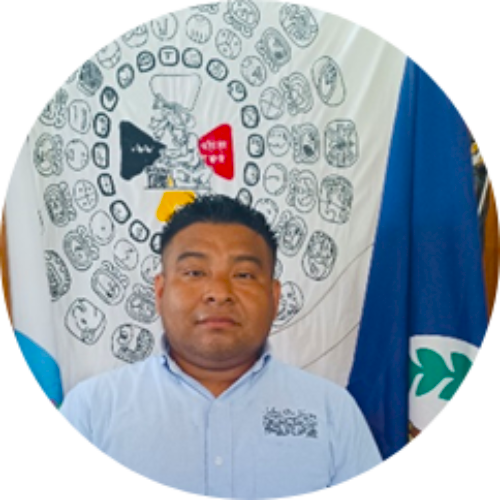
Indigenous Q’eqchi Maya from Southern Belize, engaged in advocacy for Indigenous Peoples and Local Communities on climate change, biodiversity conservation, development, and human rights since a teenager. During the last 5 years, he has provided technical support to the auto-delimitation, demarcation, and titling of the entire Maya territory as a part of the implementation of the CCJ Consent Order. He has provided support to the governance system of the Maya communities to strengthen their land governance institutions, representation, and decision-making processes. He is also working with Indigenous Maya youth in amplifying their voices through digital media platforms to facilitate and enrich the social, cultural, and intellectual well-being of Indigenous youth. He holds a Master’s degree in Agriculture Engineering from the National Pingtung University Of Science and Technology, Taiwan.
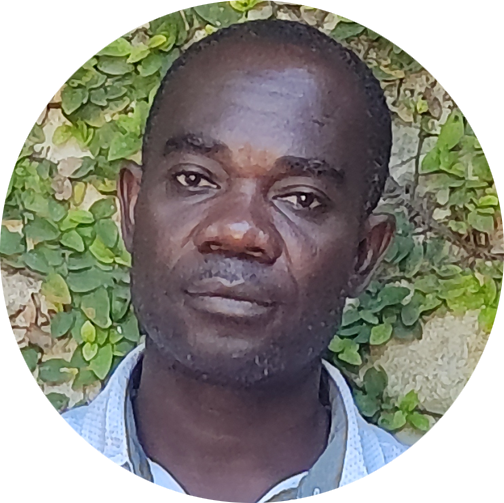
Pierre Mary Louis is a Haitian. He lives in the southern region of the country, especially in the Grandans department of the commune of Jeremi. He was born in a peasant family. His father's name is Vilfranche Louis, his mother's name is Yrope Joseph, this family has 5 children, 3 men. His profession is an agricultural technician, public educator. He is a militant in a vanguard peasant organization called Tet Kole that works with the most vulnerable peasants. In this organization he holds several posts in its structure because of his dynamics and the responsibility he always assume on the side of the villagers. He was elected to Tet Kole’s Permanent National Executive Committee (KENPTK). His passion since childhood is working with the most vulnerable, especially those who work the land.
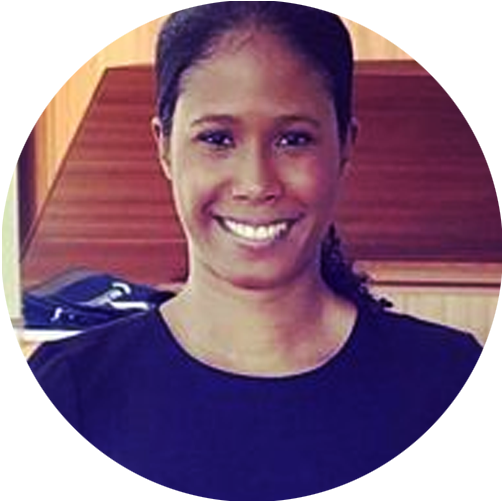
Malene Alleyne is an international human rights lawyer from Jamaica and founder of Freedom Imaginaries, a non-profit organization that uses human rights law to tackle legacies of slavery and colonialism and contemporary forms of oppression. Malene is a former human rights specialist at the Inter-American Commission on Human Rights. She holds a Master of Laws degree from Harvard Law School and a Master of Advanced Studies degree from the Graduate Institute of International Studies, Geneva. She received her Bachelor of Laws degree from the University of the West Indies, Cave Hill, and is qualified to practice law in Jamaica and Guyana.

Sarah O’Malley is an Irish lawyer with the Global Legal Action Network (GLAN). She works on tackling environmental crimes and human rights abuses through the lens of the proceeds of crime and works on GLAN’s legal actions in Barbuda with regard to land grabbing. She has worked on human rights law in Palestine, the Occupied Syrian Golan, Cambodia and the Netherlands, as an adviser at the UN General Assembly and for various NGOs. Sarah holds an LL.B in Law and Political Science from Trinity College Dublin and an LL.M in International Criminal Law from the University of Amsterdam and Columbia University, New York.
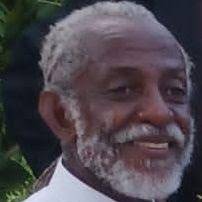
Errol is a farmer and Vice President of the Bernard Lodge Farmers Group. He is an advocate for the legalization of ganja as well as an advocate against the disenfranchised peasant and indigenous farmers. Errol is also a natural health consultant, herbalist, and reflexologist. Every Friday, Errol is a host on a Natural Health Program on Sun City Radio named A Healthier You.
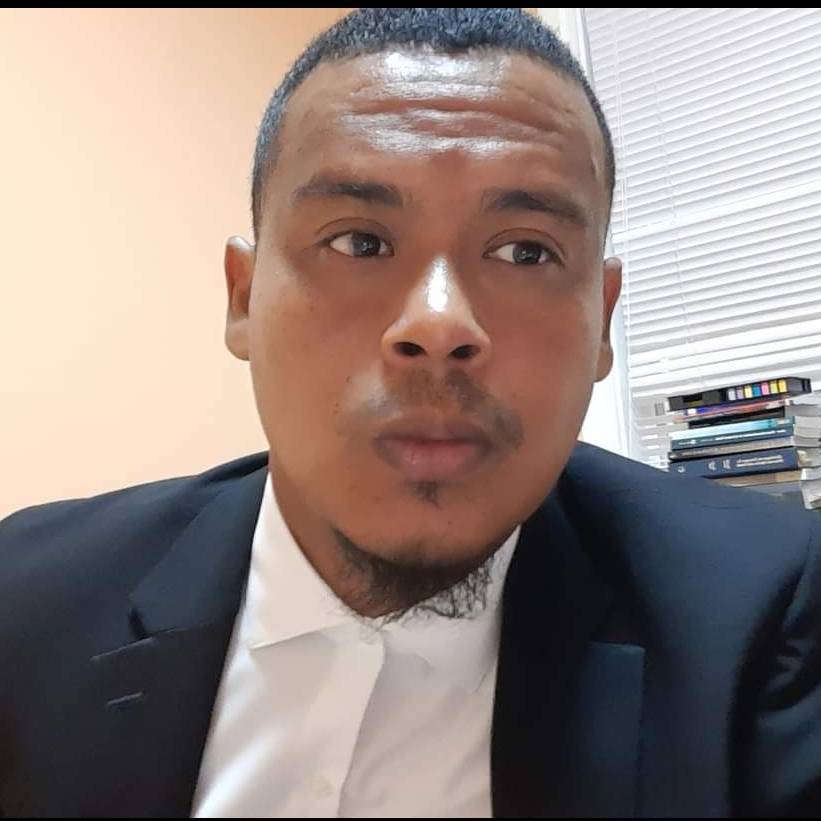
Joel is an attorney at law in private practice. He was born and raised in the Kalinago Territory, Dominica. Therefore, through his lived experience, he understands the systematic injustice indigenous peoples experience. He is committed to finding legal resolutions to indigenous disenfranchisement and to continue to write and advocate on matters touching and concerning the subject matter.
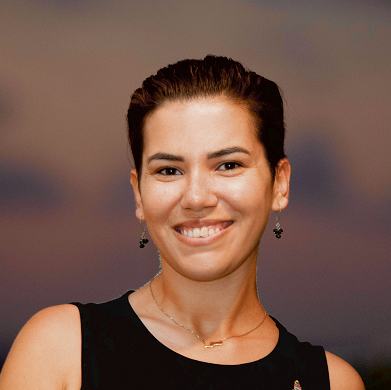
Proud multi-generation Caymanian who passionately advocates for environmental conservation. She retired from a decade-long corporate career in the Finance and Legal sector upon gaining the Total Resource Use & Efficiency (TRUE) Advisor qualification to guide individuals, businesses, and organizations in transitioning to resource-efficient lifestyles and operations. In the sustainability sphere, Em is a Leading Member of Amplify Cayman, an Ambassador of Sustainable Cayman, a Coastal Lagoon Ecosystem Educator and Assistant Project Manager with the Mangrove Education Project, and a Council Member of the National Trust of the Cayman Islands. She is also an Ambassador for a sustainable travel organization, a Trustee of an organization that lobbies against single-use plastic, and a Director of a marine anti-pollution organization. Through community engagement, Em's advocacy work supports Island nations like Cayman that were built on resourcefulness to return to their roots, inspiring people to be the change they wish to see.
Featured Image Credit: iStock Arindambanerjee

Showcasing stories of Caribbean organizations at the foreground of the struggle against disaster capitalism in the Caribbean. Our network of participants in the Greater Caribbean region connect, learn, share their hands on responses to the impacts of the twin threats of the climate crisis and disaster capitalism in our region.
WAVE (Progressive Reform Movement)
Global Challenges Research Fund
Open Society Foundations
All Rights Reserved – strongercaribbeantogether.org 2022
All Rights Reserved – strongercaribbeantogether.org 2022
In the tumultuous aftermath of disasters, it is easy to feel isolated and alone, but you are not.
We, a network of Caribbean-wide community organizers who stand in solidarity with those affected the twin threats of the climate crises and disaster capitalism, a phenomenon that exacerbates the suffering of vulnerable communities.
We want you to know that your stories matter. We are here to listen, to support, and to amplify your voices.
We believe that together, we can challenge the forces of disaster capitalism and advocate for more sustainable, inclusive and equitable decision-making.
Join us in solidarity. Share your experiences and let’s build strong communities that thrive together.
As the wider world braces for the climate change, Caribbean communities are already struggling with its effects. Small local communities, small scale farmers and coastal communities are disproportionately affected. Political decisions, power dynamics and laws often compound the catastrophes and silence bottom up solutions.
There are ways in which you can help.